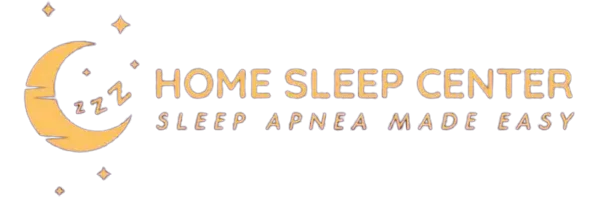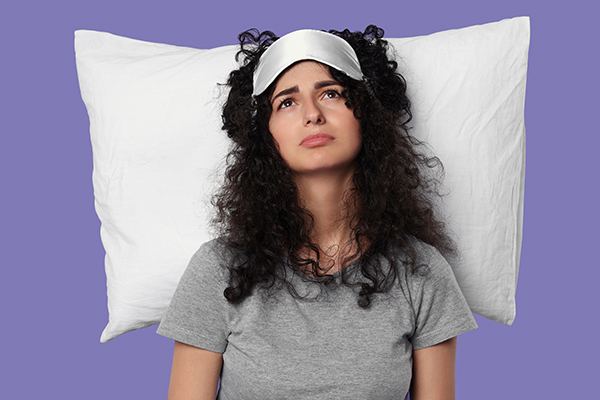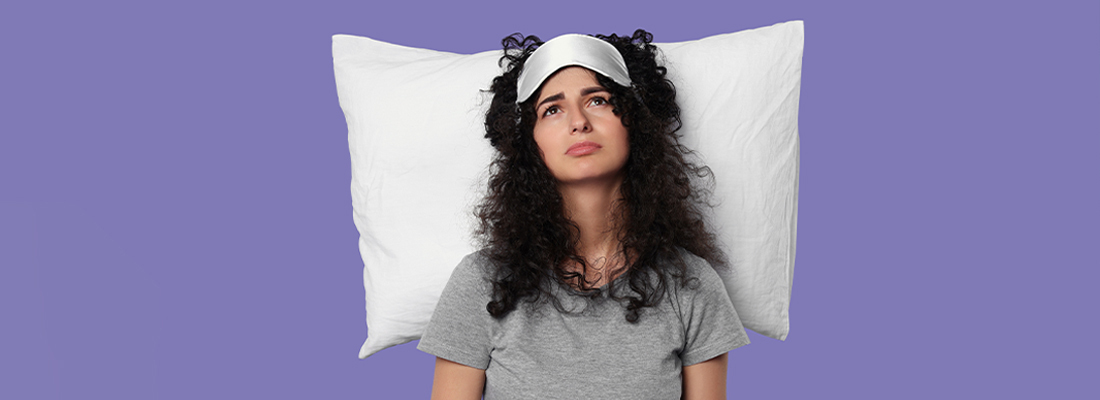
Introduction
If you have ADHD, then you might have suffered from sleep issues at some point. Whether it’s linked to tossing or turning for hours, waking up frequently, or feeling completely exhausted in the morning, the connection between ADHD and sleep cannot be denied. People with ADHD often experience disrupted sleep patterns, which can make their symptoms even harder to manage.
So, what’s going on? Why do people with ADHD have a harder time falling and staying asleep? More importantly, what can be done to improve sleep quality? This guide will explore the link between ADHD and sleep problems, how ADHD affects sleep, and whether those with ADHD need more sleep than others.
How Does ADHD Affect Sleep?
ADHD isn’t just about attention and hyperactivity also includes the fact that the brain regulates your sleep.
Multiple individuals with ADHD experience difficulties with falling asleep, staying asleep, and waking up feeling refreshed. This is the result of multiple reasons:
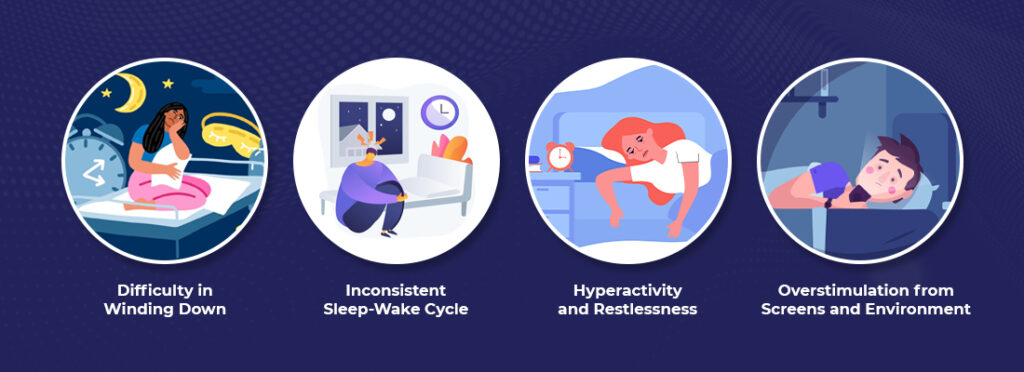
Difficulties in Winding Down
If you have ADHD, you might struggle with power-down issues at night. Racing thoughts, impulsivity, and overstimulation are the main issues you may struggle with. These situations make it extremely difficult to relax. Even if you are exhausted, the brain remains active and prevents a smooth transition into sleep.
Inconsistent Sleep-Wake Cycle
Studies have shown that around 75% of people with ADHD suffer from delayed sleep phase syndrome (DSPS). It depicts that they feel alert at night and feel sleepy throughout the day. Thus, this misalignment between the biological clocks and societal expectations (like school or work schedules) makes getting enough rest a difficulty.
Hyperactivity and Restlessness
ADHD isn’t just about mental hyperactivity. It’s surprising but there is a physical component involved too. Mental hyperactivity increases the yield to move constantly, making settling into bed challenging. Even when they do fall asleep, their sleep might be restless. It ultimately forces one to wake up multiple times at night.
Overstimulation from Screens and Environment
ADHD brains are susceptible to stimulation. Electronic devices emit blue light which suppresses melatonin production. It ultimately makes it harder to fall asleep. Plus, external noises, uncomfortable bedding, or even a cluttered room can contribute to sleep difficulties.
When ADHD and sleep don’t align, the next day becomes a struggle. Moreover, if you get less sleep, it can worsen ADHD symptoms. Ultimately, it makes it harder to focus, regulate emotions, and complete daily tasks.
Common Sleep Problems in People with ADHD
Many individuals with ADHD don’t just experience occasional sleep troubles, they may experience chronic sleep issues. Some frequent challenges include:
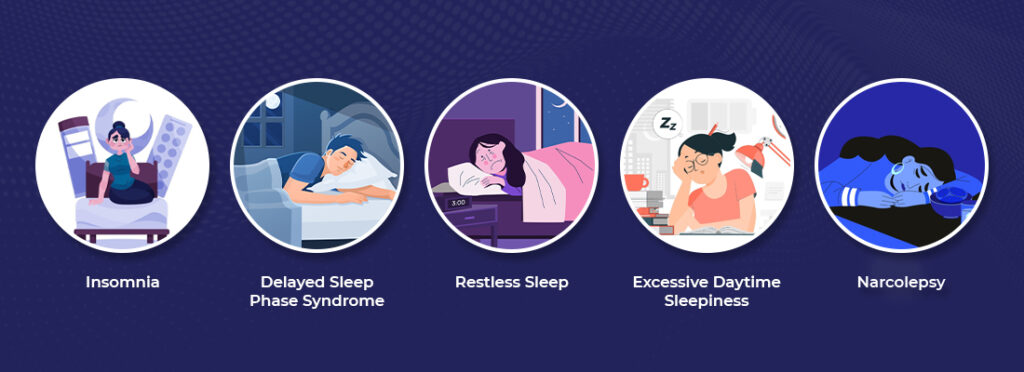
Insomnia
ADHD and insomnia are often linked together. People with ADHD often face trouble falling asleep. Occasionally, they may lay awake for hours before they finally drift off.
Moreover, even after falling asleep, many experience frequent night awakenings and anxiety, which make their sleep less restorative.
Delayed Sleep Phase Syndrome (DSPS)
People with ADHD naturally feel wired at night and groggy in the morning. The main reason is that their body’s internal clock is delayed. It thus makes it tough to fall asleep early enough to get the recommended amount of sleep.
Restless Sleep
Even when people with ADHD do sleep, it’s still restless. They do not get high-quality sleep. They may suffer through conditions like frequent tossing and turning, night awakenings, and difficulty reaching deep sleep stages which leaves them feeling unrefreshed in the morning.
Excessive Daytime Sleepiness
Lack of restful sleep leads to excessive daytime sleepiness. People with ADHD and sleep problems often feel groggy, struggle to stay alert, and may even experience “microsleeps” during the day, where they briefly doze off without realizing it.
These sleep issues create a cycle: poor sleep worsens ADHD symptoms, and ADHD symptoms make it harder to sleep.
Narcolepsy
People suffering from Narcolepsy can fall asleep at any time of the day suddenly and can have sleep issues at night. However, the link between sleep issues and narcolepsy is not known. There is a possibility that both ADHD and narcolepsy arise from a similar cause. The cause might be a gene abnormality or a neurostimulator issue. But did you know there is a difference between narcolepsy and hypersomnia? Although the symptoms are related but are distinct.
Additionally, diagnosing and treating sleep disorders is the key to the betterment of people with ADHD. Consult a sleep physician or head to a home sleep study for better treatment options.
Concerned About Your Sleep Problems?
Learn how our in-home sleep study can help diagnose sleep disorders in the comfort of your home.
What Is the Biology Behind the ADHD-Sleep Connection?
ADHD and sleep connection may be the result of the side effects of impaired alertness, arousal, and regulation circuits in the brain. Some researchers believe that ADHD and sleep issues are the result of delayed circadian rhythm with an onset of melatonin production. Although medical research has advanced, they still fail to find a proper pattern in people with ADHD.
The relaxing effects of stimulant drugs, which are frequently recommended for ADHD, can help some people fall asleep. However, stimulant drugs might have the opposite impact on a lot of folks. Poor sleep hygiene and coexisting conditions like substance addiction, depression, or anxiety are likely to contribute to sleep problems. To overcome this situation, consult a reliable sleep telemedicine service and avail the rewarding benefits at home.
The Role of ADHD Medication in Sleep Issues
Most people suffering from ADHD can avail themselves of certain medications for symptom management.
However, let us disclose the bad news as certain ADHD medications can interfere with sleep.
How Do Stimulants Affect Sleep?
Since stimulants increase alertness and energy, taking them too late in the day can make it harder to fall asleep. Some individuals feel “wired” at bedtime, making their existing sleep difficulties worse.
How Can Non-Stimulants Affect Sleep?
Non-stimulant ADHD medications like guanfacine or clonidine, can sometimes aid in sleep. These medications pose a sedating effect and make it easier to fall and stay asleep. However, they don’t work for everyone.
Additionally, managing medication timing is necessary. While still relieving symptoms, modifying the timing of stimulant use (e.g., taking them earlier in the day) can lessen sleep disruptions.
Do People with ADHD Need More Sleep?
Since ADHD and sleep are deeply connected, it’s common to wonder whether people with ADHD need more rest than others. The answer isn’t simple—it depends on the individual.
ADHD and Sleep Efficiency
Even if someone with ADHD gets the recommended 7-9 hours of sleep, the quality of that sleep may be poor. Frequent awakenings and restlessness can make them feel as if they only slept for a few hours.
The Impact of Sleep Deprivation on ADHD Symptoms
Lack of sleep makes ADHD symptoms significantly worse. When sleep-deprived, individuals may experience:
- Increased forgetfulness
- Stronger emotional outbursts
- More difficulty focusing
- Higher impulsivity levels
Compensating for Poor Sleep
Since poor sleep can worsen ADHD symptoms, some people may require more sleep than the average person to feel functional. Others, however, may feel overly alert despite sleep deprivation, creating a false sense of energy.
The key is not just getting more sleep but getting better quality sleep.
Ready to Take Control of Your Sleep?
Book your appointment today and start your journey toward better sleep health.
Conclusion
To conclude, the relationship between ADHD and sleep is complex. Having an understanding of it can lead to better management strategies. Poor sleep can worsen ADHD symptoms while the reverse is also true.
Moreover, if you or a loved one is suffering from ADHD and sleep problems, small changes can bring big changes. Home Sleep Center is your ultimate platform to gain the advice of a trusted sleep physician and reinforce your peaceful sleep again.
